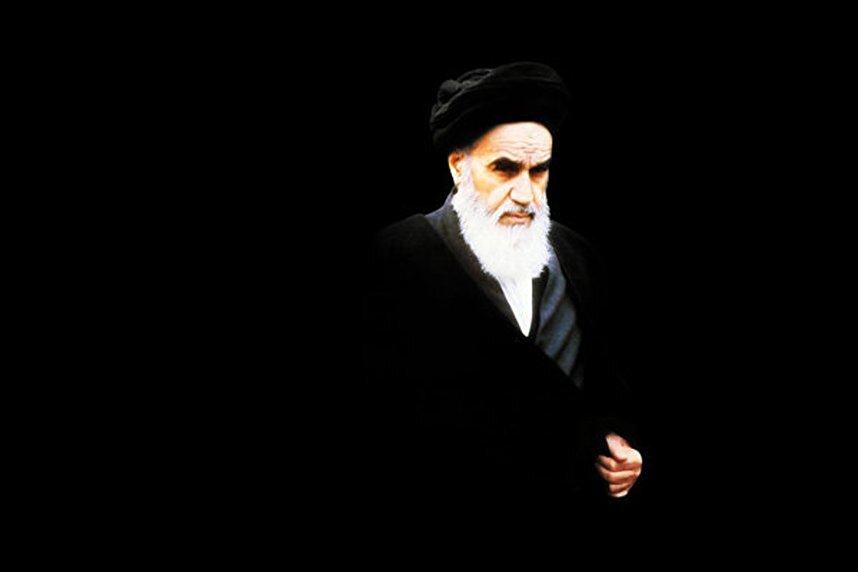Imam Khomeini: A legacy of spiritual leadership and revolution

MUMBAI - Imam Ruhollah Khomeini, who was born in 1900 in the town of Khomeyn, Iran, was a significant figure in the Islamic world, not only as a religious scholar but also a revolutionary leader.
At an early age, he was left without parents and was raised in a religious family, later he became a devoted scholar in Islamic beliefs. He received his religious education certificate in the city of Qom, where he studied science, philosophy, and mysticism. His great knowledge of Islamic culture and his rich inner life were the main reasons for him to be appointed as an Ayatollah and later on a Grand Ayatollah.
When Imam Khomeini observed the corruption and the Western influence in Iran under the Pahlavi monarchy, that was the period when his political consciousness began developing. In 1963, he disapproved of the Shah's regime not only for the White Revolution but also for what he considered an assault on the Iranian and Islamic way of life. By doing so, he was arrested and later deported to Turkey, Iraq, and finally, France. Following this trend and he was in exile, he steered the people of Iran through his speeches, letters, and recorded messages in the resistance against the oppressors.
After a long period of fighting, in 1979 Imam Khomeini finally managed to stage the Islamic Revolution in Iran, which led to the Shah's overthrow and the establishment of the Islamic Republic of Iran. It was the first secular state that stuck to the principles of the Guardianship of the Islamic Jurist (Wilayat-e-Faqih), where the scholars of Islam rule the nation in line with the laws of the Creator. As the Supreme Leader, he foregrounded the ideas of fairness, independence, and solidarity among Muslims. He was also a supporter of the oppressed and was particularly opposed to U.S. imperialism and Zionism.
Imam Khomeini left the world for his heavenly abode on June 3, 1989, but his impression has not lesson and even in the Muslim world, his influence is quite evident. People cherish him not only as the man behind the revolution but also as the one who gave impetus and shape to Islamic thought in the modern world. Even after his death, the system he initiated, and the values he upheld - fighting against oppression, inner growth, and never-fading commitment to Islam, have been followed over the years.
Leave a Comment